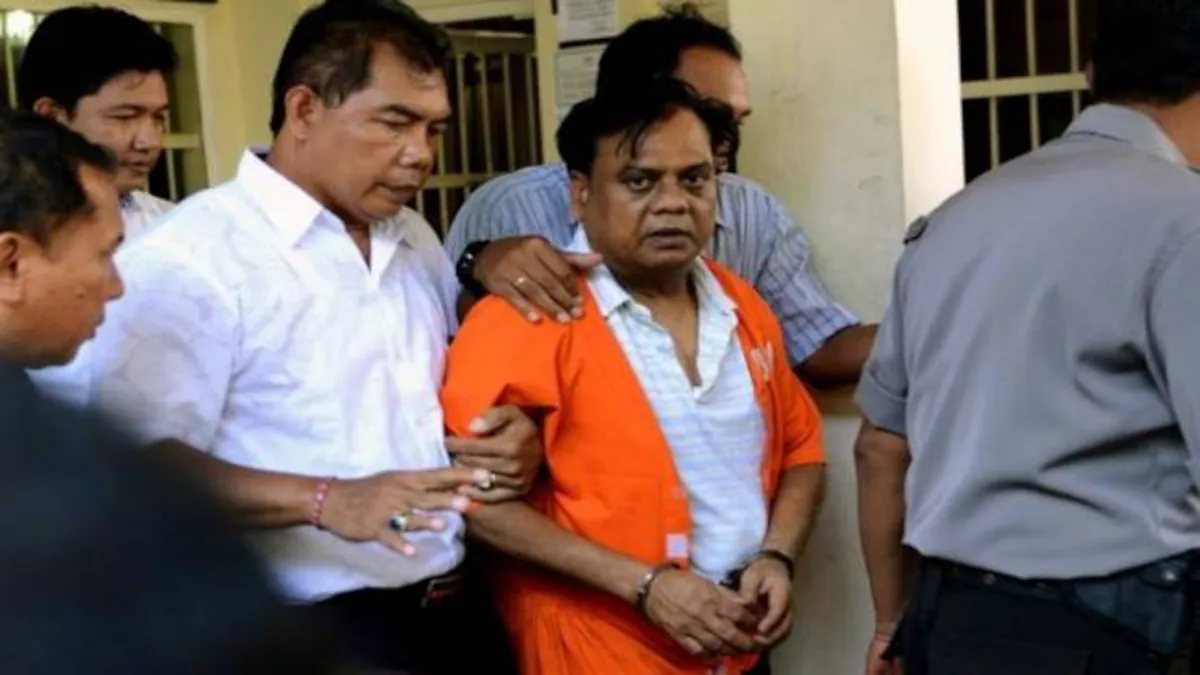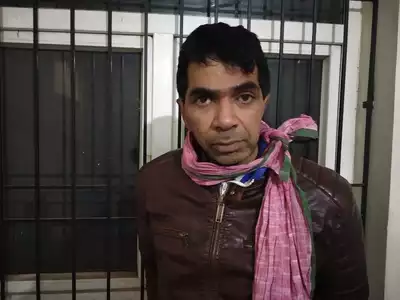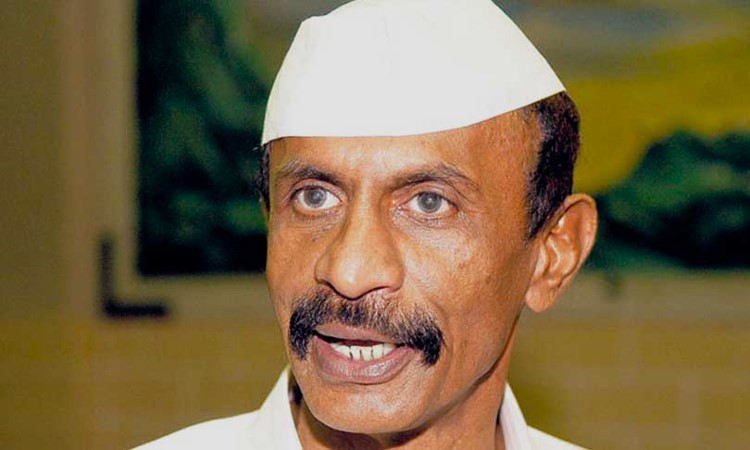


NEW DELHI: Dawood Ibrahim, a name synonymous with the shadowy depths of the global underworld, is a notorious figure who has left an indelible mark in the world of organised crime.
Born on December 26, 1955, in Ratnagiri, Maharashtra, Dawood Ibrahim Kaskar rose to infamy as the mastermind behind the infamous D-Company, a criminal syndicate in the underbelly of Mumbai.
Over the years, Dawood has been implicated in multiple criminal activities to the extent of causing terror, including extortion, drug trafficking, and orchestrating terrorism.
His notoriety reached its peak with his alleged involvement in the 1993 Bombay bombings, one of the most devastating terrorist attacks in India’s history.
Known for his elusive nature and ability to operate from the shadows, Dawood remains a figure of intrigue, a symbol of the complex intersections between crime and power.
The recent news of Dawood’s hospitalization after an alleged poisoning in Pakistan follows a list of attempts on the gangster’s life.
The most recent attempt was made by the Indian government itself through the failed Operation Dawood in 2005, which aimed to eliminate him during his daughter’s wedding in Dubai.
However, this time around eyes are on all who can potentially lead the attack on the criminal mastermind, Dawood.

Ali Budesh, a notorious extortionist and underworld mobster, left an indelible mark on the Mumbai underworld during the tumultuous 1990s. Born in 1957, Ali Baba Budesh initially entered the Mumbai underworld as a petty criminal, specialising in assault cases. Fleeing to Bahrain in the late ’80s to escape potential repercussions from the Mumbai police, Budesh established his gang, diverging from Dawood Ibrahim’s D-Company.
Also Read: Kajol’s 80-year-old mom Tanuja hospitalised
In Bahrain, he orchestrated extortion rackets, targeting builders, diamond merchants, and Bollywood personalities. Consequently, he earned a reputation of “giving an offer nobody could refuse” whenever he made monetary demands. Budesh is a complex figure in the world of organised crime due to his dual role as an informant and a gang leader.
The open war between the two escalated in 2010 when Budesh, in alliance with Babloo Srivastava, declared war against Ibrahim. Accused of orchestrating the murders of Dawood’s agents in Nepal, Budesh’s extortion tactics mirrored those of Dawood.

Chhota Rajan, originally Rajendra Sadashiv Nikalje, stands as a prominent Indian gangster with a turbulent history intricately linked to Dawood Ibrahim. Born in 1960, Rajan began his journey as a cinema ticket seller in Mumbai before affiliating himself with the Bada Rajan gang in 1982.
Following the demise of Bada Rajan, Chhota Rajan assumed leadership and worked under Dawood until their notorious split in 1993.
Known for his involvement in various criminal activities, including extortion, murder, smuggling, and drug trafficking, Rajan is associated with approximately 70 murder cases. Puzzlingly, the criminal mastermind is actively involved in organising Ganesh Utsav in Tilaknagar through the ‘Sahyadri Krida Mandal’.
The split with Dawood Ibrahim in 1993 led Chhota Rajan to form his gang, marked by violent encounters and orchestrating the torture and death of one of Dawood’s associates in Bangkok. Surviving an assassination attempt by Dawood’s henchmen in Bangkok in September 2000, Rajan’s escape underscored the intensity of the underworld rivalry.
Chhota Rajan’s capture in Bali in October 2015, spurred by a tip-off from Australian police, marked the end of his 27-year evasion of justice. Extradited to India in November 2015, he awaits trials for multiple criminal cases while currently in custody.

Ejaz Lakdawala, a notorious gangster hailing from Mumbai, Maharashtra, India, has a criminal history entangled with alleged connections to both D-Company and Chota Rajan. Despite rumours circulating in May 2003 that suggested his demise in a crowded market in Bangkok, Lakdawala defied the speculations and managed to survive the attack.
He subsequently relocated to Canada, only to face arrest in May 2004 in Ottawa following an Interpol red corner notice.

Arun Gawli, also known as Arun Gulab Ahir, boasts a multifaceted past as a former Indian politician, underworld figure, and retired gangster. He was immensely influential as the leader of the infamous ‘Byculla Company’ from the 1980s to the ‘90s. However, later he transitioned to the political arena by forming the Akhil Bharatiya Sena party in Maharashtra.
Marrying Zubeida Mujawar, later known as Asha Gawli, he converted to Hinduism and gained notoriety in the underworld with the moniker “DADDY” while operating illegal liquor dens.
Following the death of Rama Naik, Gawli assumed leadership of the BRA Gang, engaging in power struggles with the formidable Dawood Ibrahim’s D-Company. Mumbai police raids and subsequent arrests disrupted his gang’s operations. In 2012, Gawli faced a turning point as he was convicted of the murder of Shiv Sena leader Kamlakar Jamsandekar, leading to a life imprisonment sentence.
Emphasising the interesting life of the Mumbai mobster, he has left an indelible mark of infamy across Indian popular culture — Dagadi Chawl (2015), Netflix’s Daddy (2017) and ‘Sacred Games.